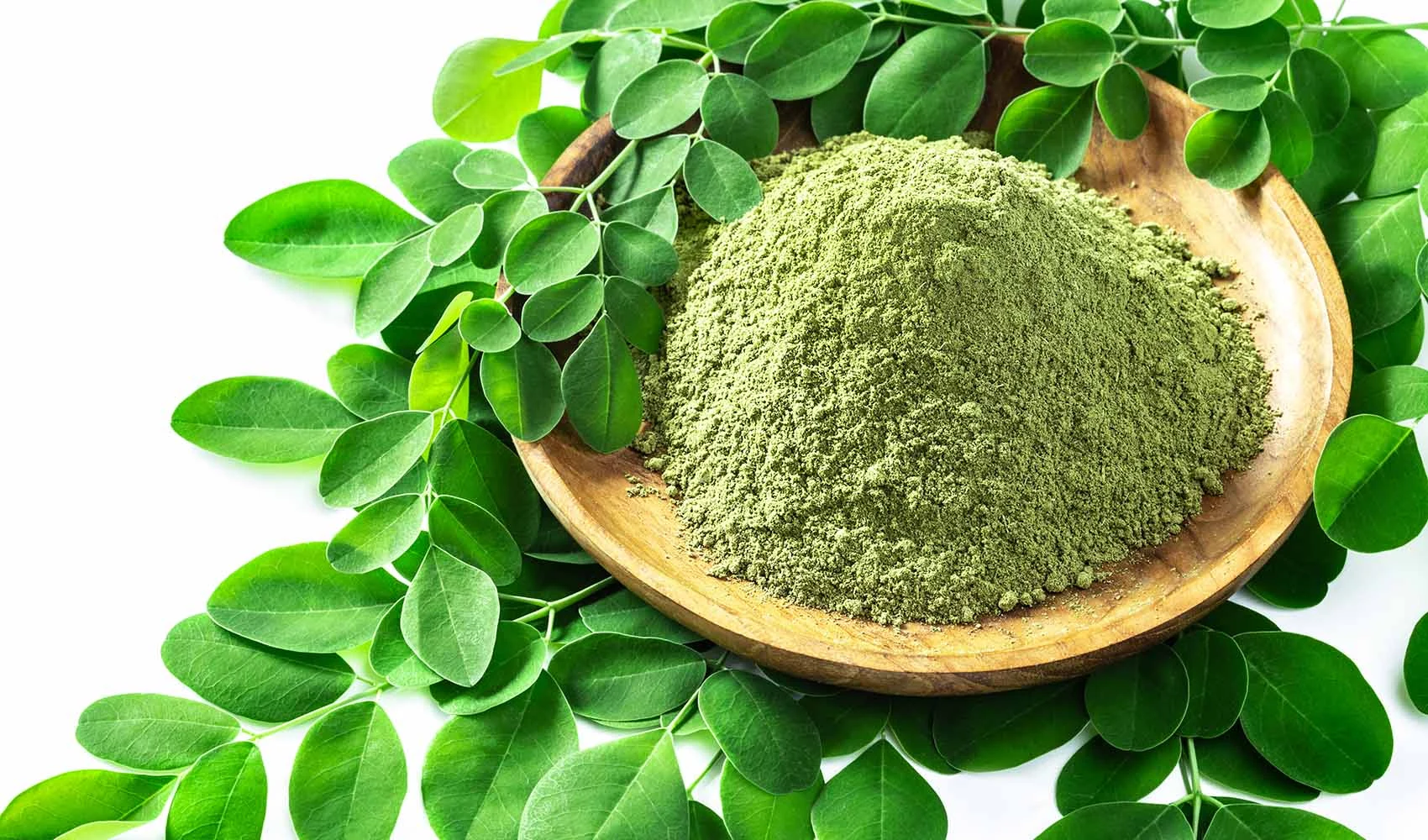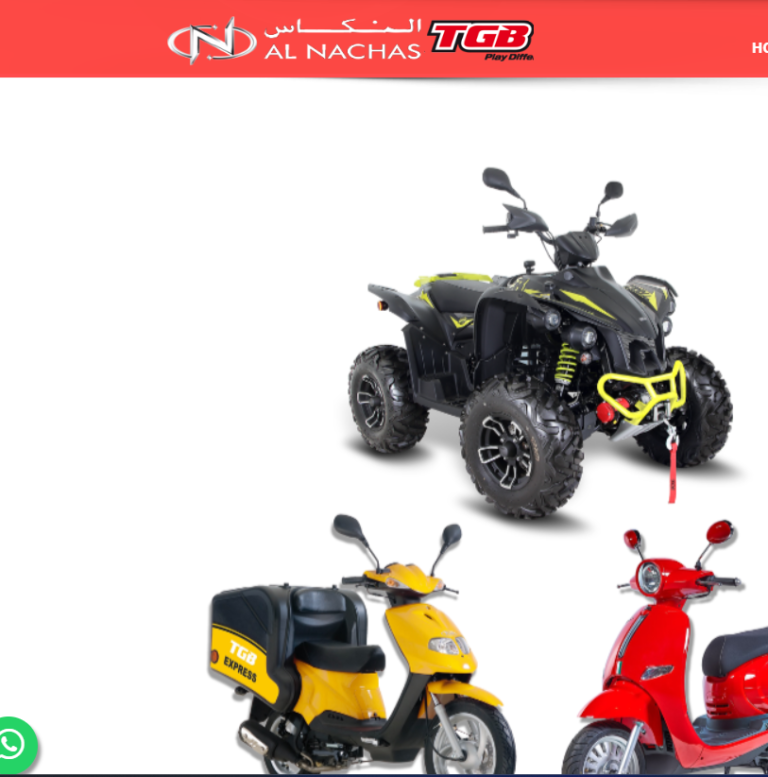The Cost of Moringa Powder: A Comprehensive Guide
Moringa powder has gained widespread popularity in recent years as a powerful superfood. Known for its remarkable nutritional profile and numerous health benefits, Moringa oleifera, often called the “miracle tree,” is now a staple in many homes around the world. Its powdered form is one of the most accessible and convenient ways to enjoy the benefits of this nutrient-rich plant. However, with its rising demand, the cost of moringa powder can vary depending on several factors.
Table of Contents
ToggleWhat is Moringa Powder?
Before diving into the cost aspect, it’s important to understand what Moringa powder is and why it’s so popular. Moringa powder is made from the dried leaves of the Moringa tree, which grows in tropical and subtropical regions of the world, particularly in South Asia and Africa.
Moringa powder is rich in vitamins, minerals, amino acids, and antioxidants. It is known to:
- Boost energy levels
- Improve skin and hair health
- Enhance immune function
- Reduce inflammation
- Support brain health
Due to these benefits, Moringa powder is often used as a supplement, incorporated into smoothies, teas, and various recipes.
Factors Influencing the Cost of Moringa Powder
Several factors impact the cost of Moringa powder, from the cultivation process to packaging. Let’s take a closer look at the most significant elements.
1. Geographic Origin
The geographic origin of Moringa plays a major role in determining its cost. Moringa powder produced in regions where the plant grows naturally, such as India, Pakistan, and parts of Africa, tends to be cheaper compared to that produced in Western countries. This is because Moringa trees thrive in tropical climates, which are more conducive to its growth, leading to lower production costs.
However, Moringa powder imported from these regions may incur additional shipping and handling costs, which can affect the final retail price. Locally grown Moringa powder, especially in regions with limited Moringa cultivation, may be more expensive due to higher agricultural and labor costs.
2. Organic vs. Conventional Moringa
Another major factor influencing the cost of Moringa powder is whether it is organically grown. Organic Moringa is cultivated without the use of synthetic pesticides, herbicides, or fertilizers. While organic farming is better for the environment and may offer a purer product, it typically requires more labor and time, leading to higher costs.
Conventional Moringa powder, on the other hand, may be cheaper due to more cost-effective farming practices. However, some consumers prefer organic Moringa for health and environmental reasons, even if it comes at a higher price point.
3. Quality and Processing
The quality of Moringa powder can vary significantly between different brands and suppliers. High-quality Moringa is processed carefully to retain its nutritional value, flavor, and color. Lower-quality powders may be processed quickly or under less stringent conditions, resulting in a loss of potency and nutrients.
Processing methods such as freeze-drying can help preserve more nutrients, but they are also more expensive. Additionally, the degree of refinement (such as fine vs. coarse powder) can impact the cost of Moringa powder.
4. Packaging and Brand
Packaging also affects the pricing. Some brands invest heavily in premium packaging materials that help preserve the freshness and quality of the powder. Environmentally friendly packaging, such as biodegradable bags, may come with higher costs, but many consumers are willing to pay a little extra for eco-conscious choices.
Well-known brands may also charge a premium due to their reputation and the trust they’ve built with consumers. This doesn’t necessarily mean their products are of higher quality, but the brand name can still affect the price.
5. Supply Chain and Distribution Costs
Supply chain and distribution logistics also play a crucial role in determining the cost of Moringa powder. Products that are exported internationally, especially from remote locations, may include additional costs like tariffs, taxes, and shipping fees, which are passed on to the consumer.
Local suppliers with shorter supply chains may offer Moringa powder at a lower cost due to reduced transportation expenses. However, the trade-off might be a smaller selection of suppliers or less competitive pricing.
Average Cost of Moringa Powder in Different Regions
Let’s now take a look at the average cost of Moringa powder in different regions around the world. Keep in mind that these prices are only estimates and can vary depending on the specific brand, quality, and other factors mentioned earlier.
United States
In the U.S., Moringa powder typically ranges between $10 to $30 per 100 grams, depending on the quality and whether it’s organic or conventional. Larger bulk quantities often come at discounted rates, making them more cost-effective for regular users.
Europe
In Europe, the cost of Moringa powder can range from €10 to €35 per 100 grams. Organic Moringa powder is especially popular in countries like Germany and the UK, where consumers are willing to pay a premium for high-quality, ethically sourced products.
Asia
In India and other parts of South Asia, where Moringa is cultivated locally, the cost of Moringa powder tends to be much lower. You can often find high-quality Moringa powder for as low as $3 to $10 per 100 grams. However, exported products may still carry a higher price tag due to shipping and certification costs.
Africa
In regions of Africa where Moringa is grown, such as Ghana and Nigeria, the price of Moringa powder is relatively affordable, ranging from $2 to $7 per 100 grams. Many local suppliers offer direct sales, making it accessible to the average consumer.
Australia
In Australia, the cost of Moringa powder is typically higher due to import fees. Prices can range between AUD 15 to AUD 40 per 100 grams, with organic and premium-quality products being on the higher end of the spectrum.
How to Choose the Best Moringa Powder at the Right Price
When purchasing Moringa powder, it’s important to consider more than just the price. Here’s a quick guide on how to select the best product at the right cost:
1. Check for Certifications
Look for certifications such as USDA Organic, EU Organic, or fair-trade labels. These certifications ensure that the product meets specific quality standards and may justify a higher price.
2. Read Customer Reviews
Customer reviews are a great way to gauge the quality of a product. Look for reviews that discuss the flavor, texture, and effectiveness of the Moringa powder. Some cheaper products may have a bitter or earthy taste, which could be a sign of poor quality.
3. Look for Transparent Sourcing
Suppliers that are transparent about their sourcing practices are often more trustworthy. Brands that provide details about where and how their Moringa is cultivated typically offer higher-quality products.
4. Consider Buying in Bulk
If you use Moringa powder regularly, consider buying in bulk to save on costs. Many brands offer discounts for larger quantities, and bulk purchasing helps reduce packaging waste.
5. Balance Quality and Cost
While it can be tempting to choose the cheapest option, it’s worth investing in a high-quality product to ensure you’re getting the full range of benefits from Moringa powder. Aim for a balance between affordability and quality.
Final Thoughts on the Cost of Moringa Powder
The cost of Moringa powder varies depending on factors like origin, quality, and whether it’s organic or conventional. While prices can differ widely from region to region, it’s important to choose a product that aligns with your health goals and budget. By understanding the factors that influence pricing and knowing what to look for, you can make a more informed purchasing decision.
Whether you’re adding Moringa powder to your smoothies, teas, or daily supplement routine, this superfood can be a valuable addition to your diet. While it’s available at a range of price points, don’t be afraid to invest in quality to reap the full nutritional benefits.






